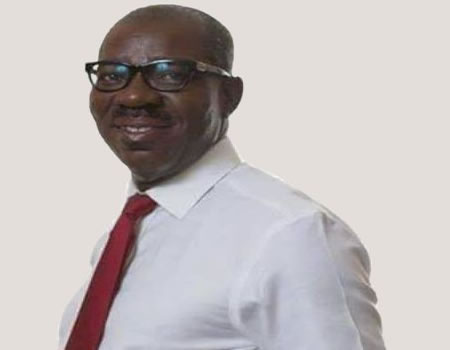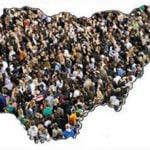There is no doubt today that there are ranches in Edo State, whether local or standard, in Okada junction in Ovia South West, Okada in Ovia North East, Akoko Edo, Esan South East, Etsako West and across the 18 local governments of Edo State that were established by prominent Edo people. Modern ranching was, thus, supposed to be an improvement over traditional livestock management.
The policy on ranching continued after independence when the government of Nigeria tried to use ranching to resettle the nomadic Fulani. In Edo State, investors come into the cattle-futures market and invest.
The Federal Government had recently unveiled a 10-year plan to establish ranches across the country, starting with Adamawa, Benue, Ebonyi, Edo, Kaduna, Nasarawa, Oyo, Plateau, Taraba and Zamfara states. The National Livestock Implementation Plan is a mediation stemming from meetings and recommendations of the Federal Ministry of Agriculture and NEC in 2017 as regards state interventions following the incessant pastoralist-farmer conflicts.”
Many Nigerians are not aware that people from Southern Nigeria own cows like those from the North in the 21st century. I challenge Edo State indigenes who are cattle owners to speak out. Many of Edo people are among the powerful Nigerians who are cattle owners.
The ownership of cattle goes well beyond the Fulani. What seems to be common to all cattle owners in the country is the hiring of Fulani herdsmen to tend their cattle. So far, the people’s anger has been directed at these herdsmen, who are being blamed for the serial conflicts with local farmers, whose farmlands and entire villages are being plundered by the cattle. It is high time the owners of the cattle were brought into the equation.
Contrary to a rumour making the rounds in the state, Edo State Governor Godwin Obaseki has vehemently denied ceding land in any part of the state to anyone for ranching project but ranches existed before Obaseki emerged as governor of Edo State. The governor advised Edo people to ignore an effort by some individuals to give political colouration to every government policy.
•Inwalomhe Donald,
Benin City






